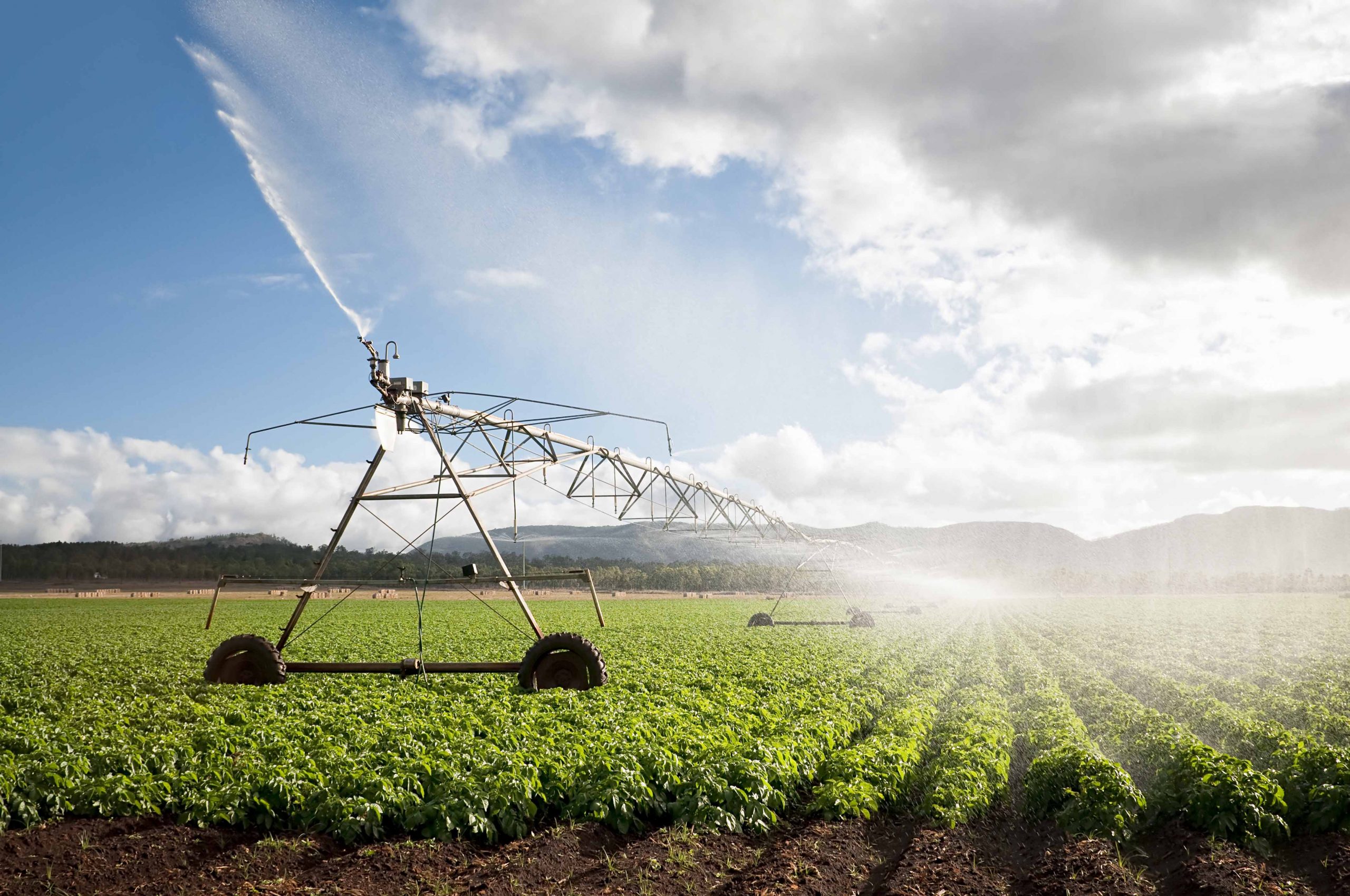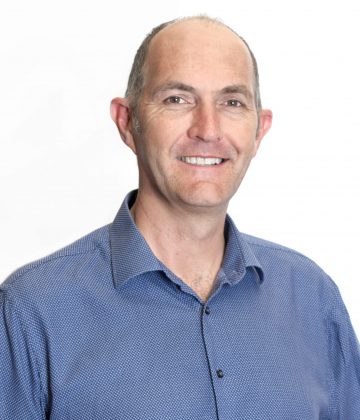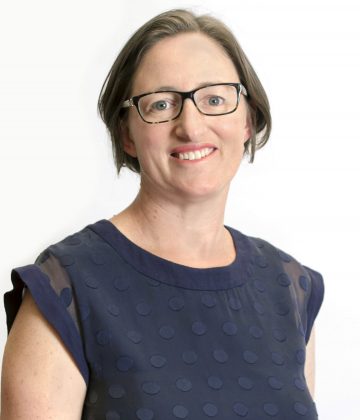Victorian guideline for irrigation with recycled water
RMCG worked with the Environment Protection Authority (EPA) Victoria to develop a guideline that supports the design and management of recycled water irrigation schemes.
Irrigation has become a vital component of Victoria’s recycled water management. The reuse of recycled water via irrigation has grown steadily in the last two decades and will continue to be an important response to environmental and water resource management in Victoria for many years to come.
RMCG’s recycled water experts worked collaboratively with the Environment Protection Authority (EPA) Victoria and the Victorian Government to review and remake Publication 168 – Victorian guideline for irrigation with recycled water.
Originally published in 1983 and revised in 1991, this latest version of the guidance has been developed in consultation with water corporations, industry, DELWP, Department of Health, Agriculture Victoria, Traditional Owners and various EPA subject matter experts.
During this project, we used our combined technical and stakeholder engagement skills to ensure development of a contemporary, accessible and relevant guideline that supports sustainable recycled water irrigation in Victoria.
About the guideline
The guideline provides information to support designers and operators of irrigation systems using recycled water, including water corporations, industries that produce recycled water for irrigation and irrigation managers. It is also a key resource for regulatory decision makers evaluating and approving recycled water irrigation schemes, and for end users.
The guideline does not prescribe performance objectives, but rather, it articulates risks that need to be identified and managed. Appropriate controls should be considered to minimise the risks of harm to the environment – including the crops being irrigated – and to human and animal health, so far as reasonably practicable.
By encouraging the use of recycled water for irrigation, the guideline aims to support the reduction in demand on potable water and other fresh water sources.

Benefits of irrigation with recycled water
There are a range of benefits that can be achieved through the design and implementation of a sustainable recycled water irrigation scheme. These include:
- Enhanced water security given the reliability of recycled water supply compared with the variability associated with other irrigation water sources
- Reduced demand on Victoria’s drinking water supplies
- Reduced diversion of water from watercourses and groundwater
- Potential treatment and disposal cost savings by turning a waste into a resource with economic or social benefits
- Reduced wastewater discharges to surface waters
- Improved public open spaces due to the watering of sporting grounds and other critical public assets (especially during periods of water restrictions)
- Utilisation of the nutrients contained within the recycled water and the potential for a reduction in the use of finite fertiliser resources.
Get in touch with us
For more information, see our experience in recycled water management and irrigation design and management, or contact RMCG Principal Matt Shanahan at matthews@rmcg.com.au or 0408 476 140.





